Braces are some of the most common orthodontic treatments currently available. Whether referring to those placed on the front of the teeth or braces attached to the rear, cleaning can be a bit of a challenge. This is even more relevant in terms of keeping the teeth white. Brushing alone may simply not be enough. What are some effective ways to maintain the allure of your teeth while the braces are still attached? Let's take a more in-depth look.
In-Office Whitening Treatments
The benefit of this procedure is that only one or two visits to the office will be able to produce long-lasting results. In most cases, a gel is applied to the surface of the exposed teeth around the braces.
This gel is then activated by a special light. In turn, the bleaching process begins. This is a completely non-invasive technique and normally takes less than an hour to complete. The only drawback may be that "shadows" are seen around where the braces once were when they are finally removed.
At-Home Options
Another alternative is to use a gel that can be applied from the comfort of one's home. Specially moulded trays are first formed around the teeth. A liquid is then placed within these trays. These units can actually be worn much like a common athletic mouthpiece. They will remain inside of the mouth for a specific period of time before being removed. The teeth will then be brushed as they normally would.
Keep in mind that the presence of braces will likely require that a custom design is necessary as opposed to purchasing an over-the-counter product. As opposed to being activated by light, the main ingredient within the gel is hydrogen peroxide.
It is recommended to only leave the mould in place for the recommended amount of time. In some cases, there can be slight irritation to the gums. Following up with a brand-name mouthwash is an excellent way to remove any of the gel that could possibly be left behind.
Specific Toothpastes
Whitening toothpaste is a great idea for those who may be sensitive to chemical compounds such as gels. Like all toothpastes, the main cleansing technique is through the use of mild abrasives. However, those which are specifically designed for whitening teeth posses another polishing agent.
The main difference between a toothpaste and other chemical techniques is that (normally) there are no bleaching agents. The abrasive action simply seeks to remove surface stains through scrubbing. This can be an effective treatment option although those who have deeper stains (such as from years of smoking or drinking coffee) could benefit from the previously mentioned options.
Knowing how to whiten teeth with braces can be a bit confusing and what may work wonders for one individual could have little effect on another. So, experimenting with each option is a good idea. We should finally mention that the most effective whitening techniques tend to be those which are carried out by a trained professional.
Sources and References
-
[1]
In-Office Bleaching During Orthodontic TreatmentOperative Dentistryhttps://pubmed.ncbi.nlm.nih.gov/27792268/
-
[2]
Effectiveness of dental whitening in patients with active fixed orthodontic treatment: a narrative reviewBMC Oral Healthhttps://pmc.ncbi.nlm.nih.gov/articles/PMC10880723/
-
[3]
Hydrogen peroxide tooth-whitening (bleaching) products: review of adverse effects and safety issuesBritish Dental Journalhttps://pubmed.ncbi.nlm.nih.gov/16607324/
-
[4]
Evaluation of the Effectiveness of Different Types of Professional Tooth Whitening: A Systematic ReviewDentistry Journal (PubMed Central)https://pmc.ncbi.nlm.nih.gov/articles/PMC11672885/
-
[5]
Whitening toothpastes: a review of the literatureJournal of Dentistryhttps://pubmed.ncbi.nlm.nih.gov/20562012/
All sources accessed and verified on . Medical information reviewed for accuracy and compliance with current guidelines.
Related Articles
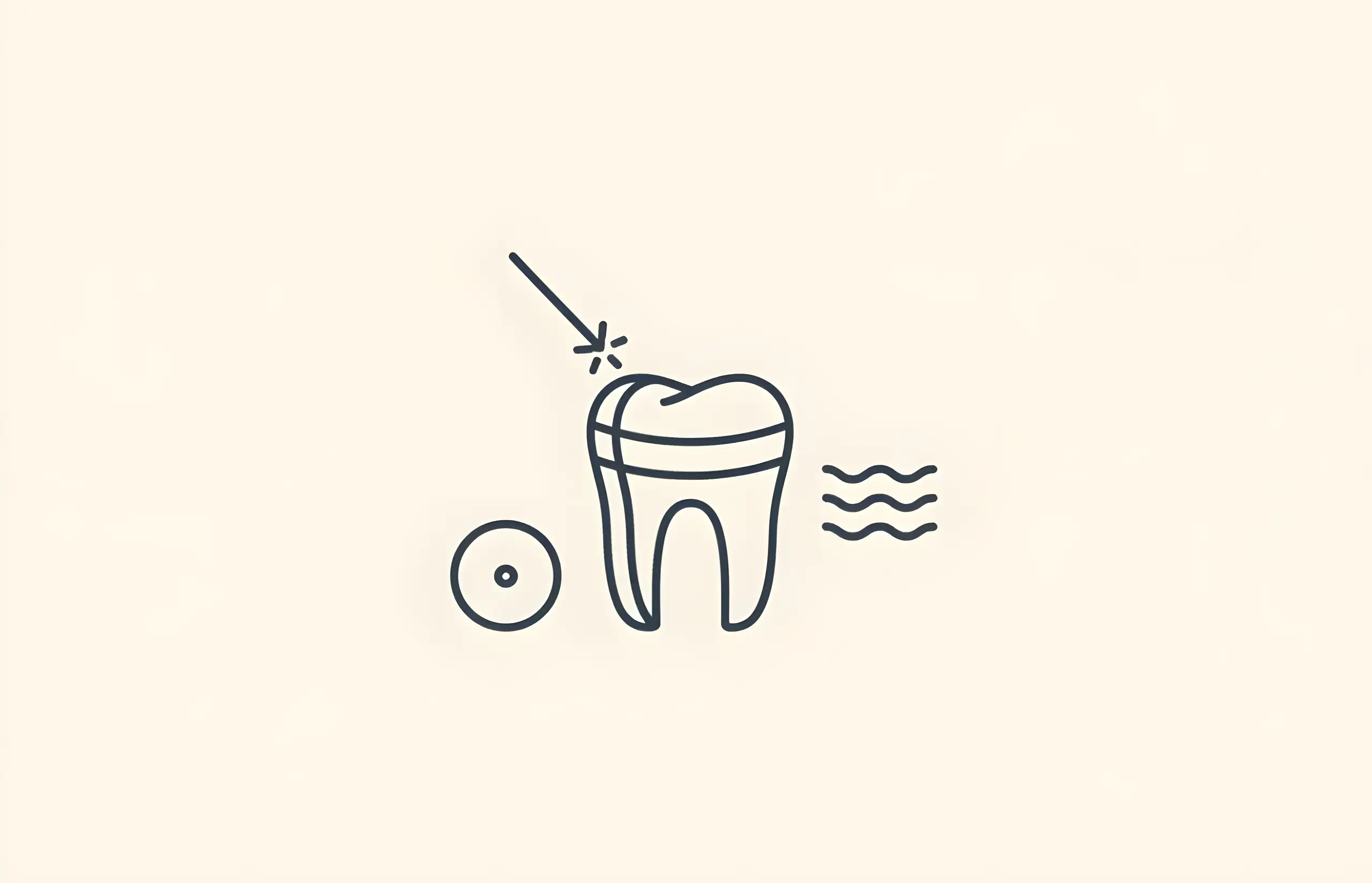
A Guide to Laser Teeth Whitening
Comprehensive information about laser teeth whitening including benefits, procedure details, costs, and effectiveness of this professional cosmetic dental treatment

Choosing the Best Whitening Mouthwash
Complete guide to selecting effective whitening mouthwash including hydrogen peroxide safety, efficacy research, key ingredients, and what to look for in whitening mouthrinse products
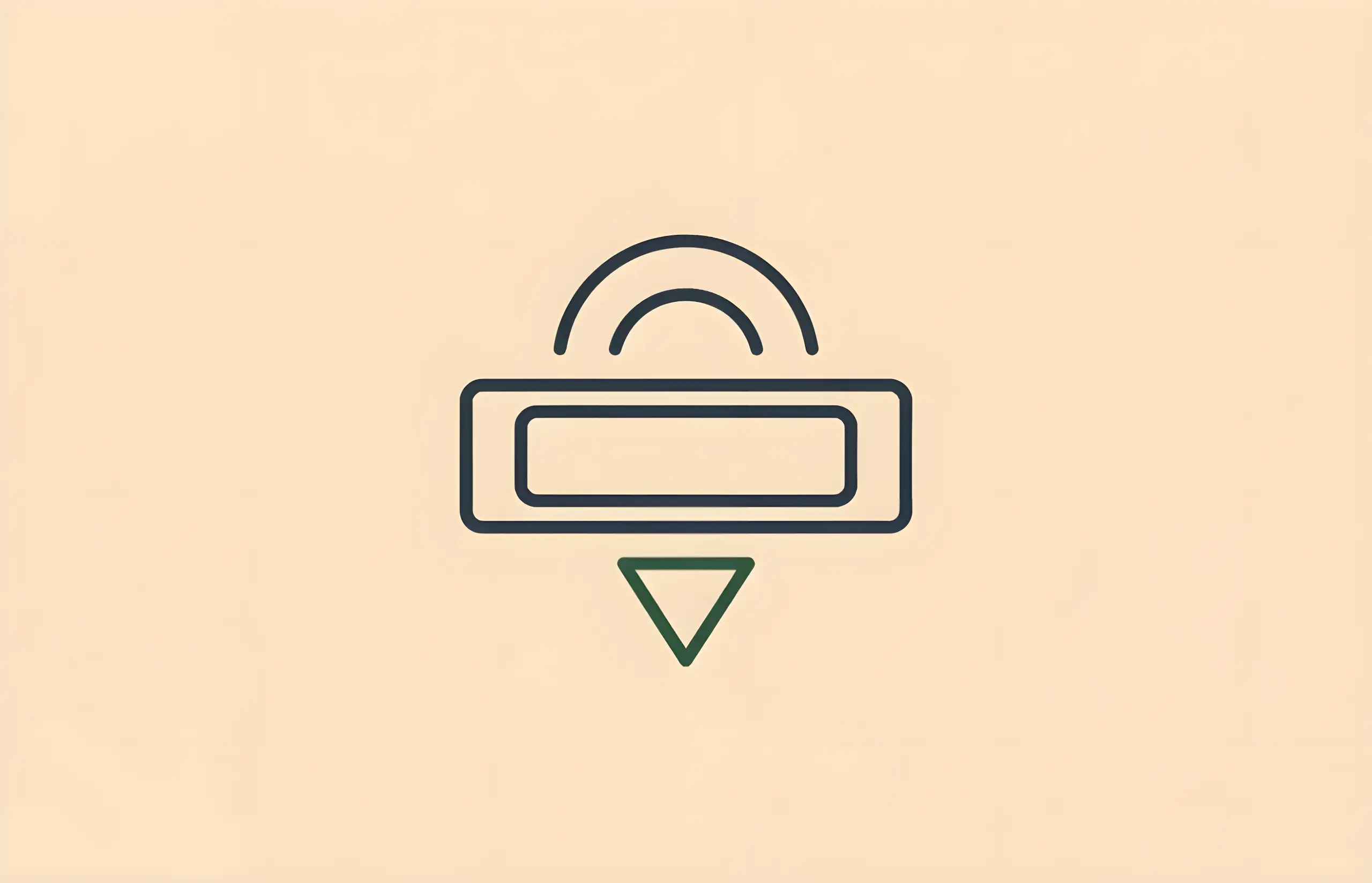
Do Whitening Strips Work?
Evidence-based guide to teeth whitening strips effectiveness including clinical trial results, comparison with professional treatments, safety profile, tooth sensitivity rates, and how to achieve optimal results

Does Teeth Whitening Work?
Comprehensive guide to teeth whitening effectiveness, clinical evidence comparing hydrogen peroxide vs carbamide peroxide, sensitivity rates (43-80%, 100% with 35% in-office), whitening methods (professional, at-home, strips, toothpaste achieving 1-2 shades), LED light efficacy, and safety outcomes
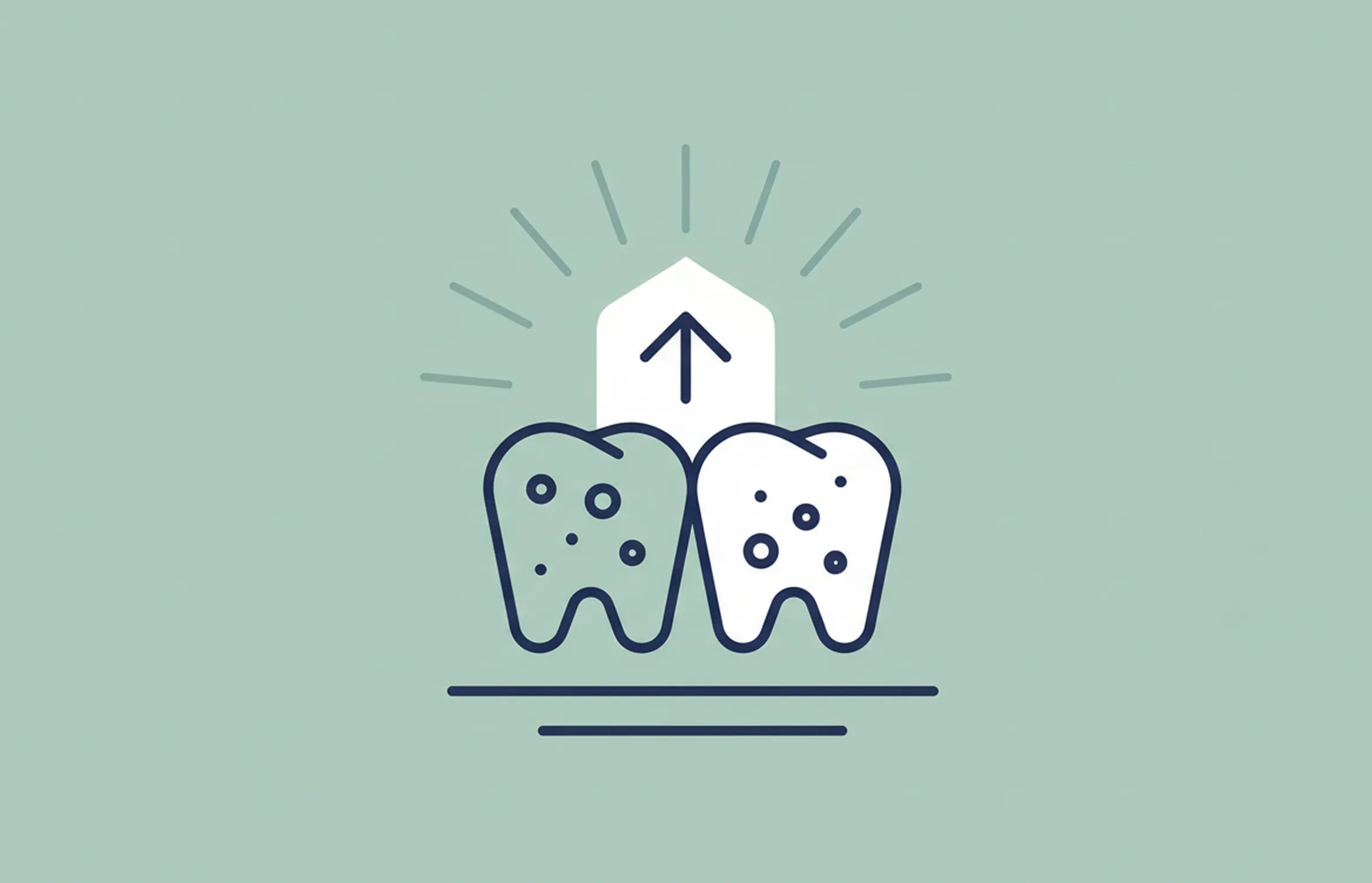
How Long Does It Take For Baking Soda To Whiten Teeth?
A guide to using baking soda for teeth whitening at home, including methods, timeframes, safety considerations, and effectiveness
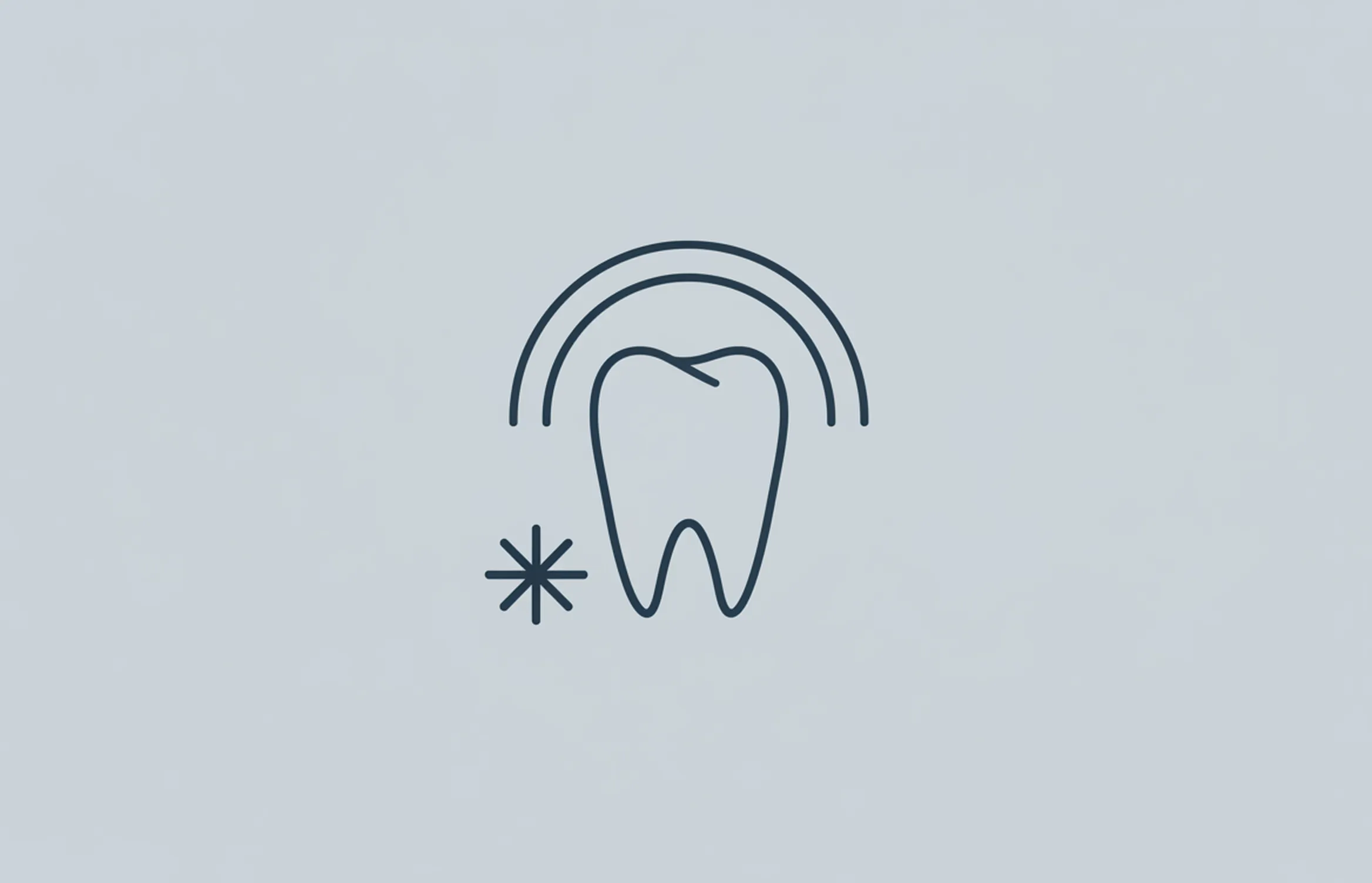
A Guide to Hydrogen Peroxide Teeth Whitening
Comprehensive information about using hydrogen peroxide for teeth whitening, including safety, effectiveness, proper usage methods, and professional vs. at-home treatments

How Much Does KoR Teeth Whitening Cost?
Comprehensive guide to KoR Whitening system including mechanism, custom trays, peroxide gel refrigeration, desensitizing agents, pros and cons, typical costs (£450-£700), and comparison with alternative whitening systems

Natural Ways to Whiten Your Teeth
Explore natural teeth whitening methods including brushing, coconut oil pulling, baking soda with peroxide, and their effectiveness based on scientific evidence
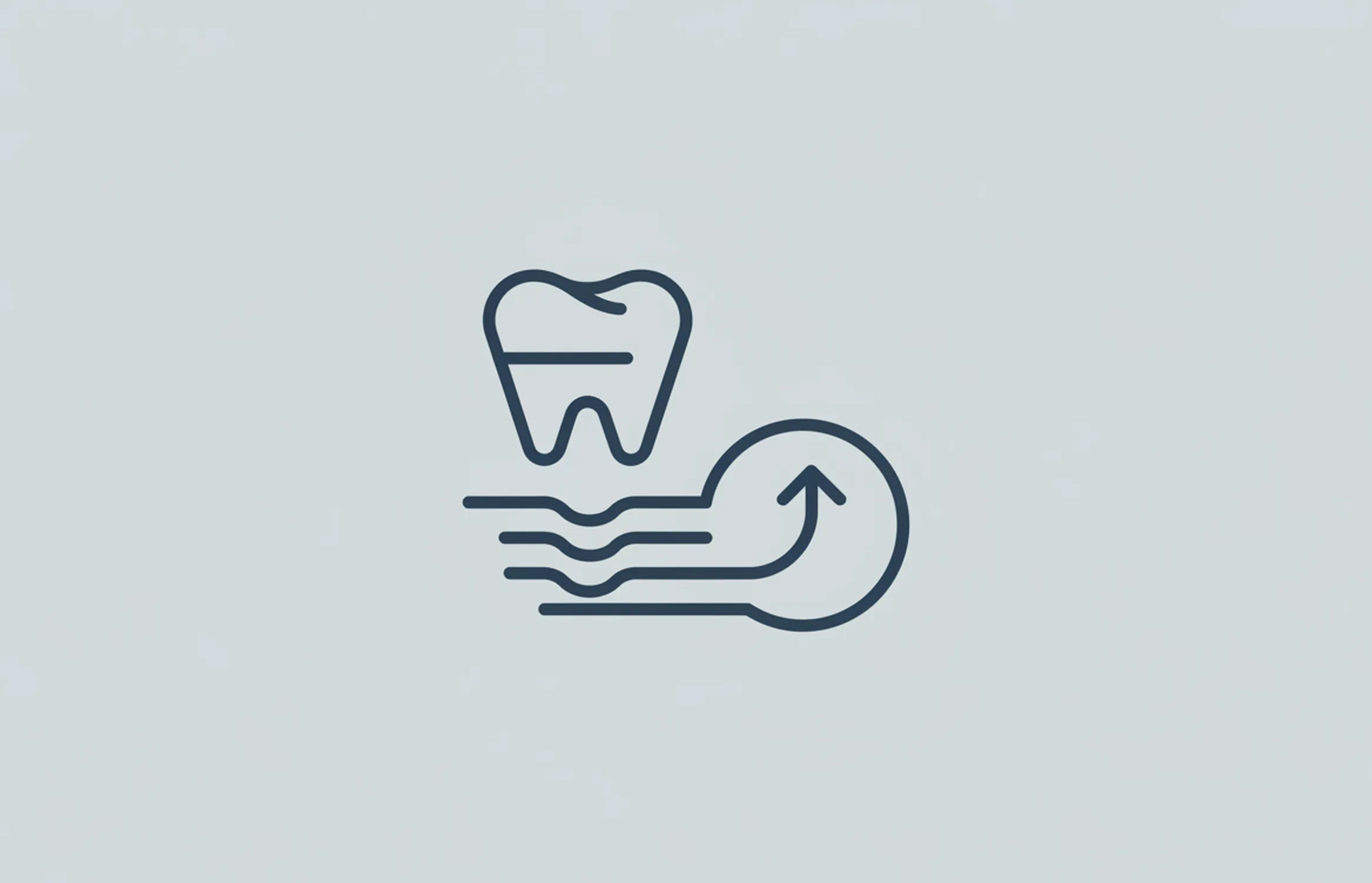
Teeth Whitening Cost and Information
Comprehensive guide to professional and at-home teeth whitening options, comparing costs (£10-£1500), effectiveness, safety, and treatment methods including laser whitening, bleaching gels, and whitening strips

Zoom Teeth Whitening Costs & Reviews
Professional Light-Activated Whitening Analysis (15-78% Experience Sensitivity, Conflicting Efficacy Evidence)
About The Dental Guide
The Dental Guide is a trusted online resource providing evidence-based information about dental health, treatments, and procedures. Our content is created and reviewed by qualified dental professionals to help you make informed decisions about your oral health.
Our Mission
- Evidence-based dental information
- Expert-reviewed content
- Clear, accessible explanations
- Latest treatment options
- Patient-focused guidance
Editorial Standards
- GDC-registered dental professionals
- Peer-reviewed sources
- Regular content updates
- Medical accuracy verification
- Transparent authorship
Important Notice
The information on The Dental Guide is for educational purposes only and should not replace professional dental advice. Always consult with a qualified dentist for diagnosis and treatment recommendations tailored to your individual needs and circumstances.
Medically Reviewed
Reviewed by Dr. Nasim Mechoui , BDS (Bristol)
Share this article
Comments & Discussion
Have questions about dental implants? Share your thoughts or experiences.
